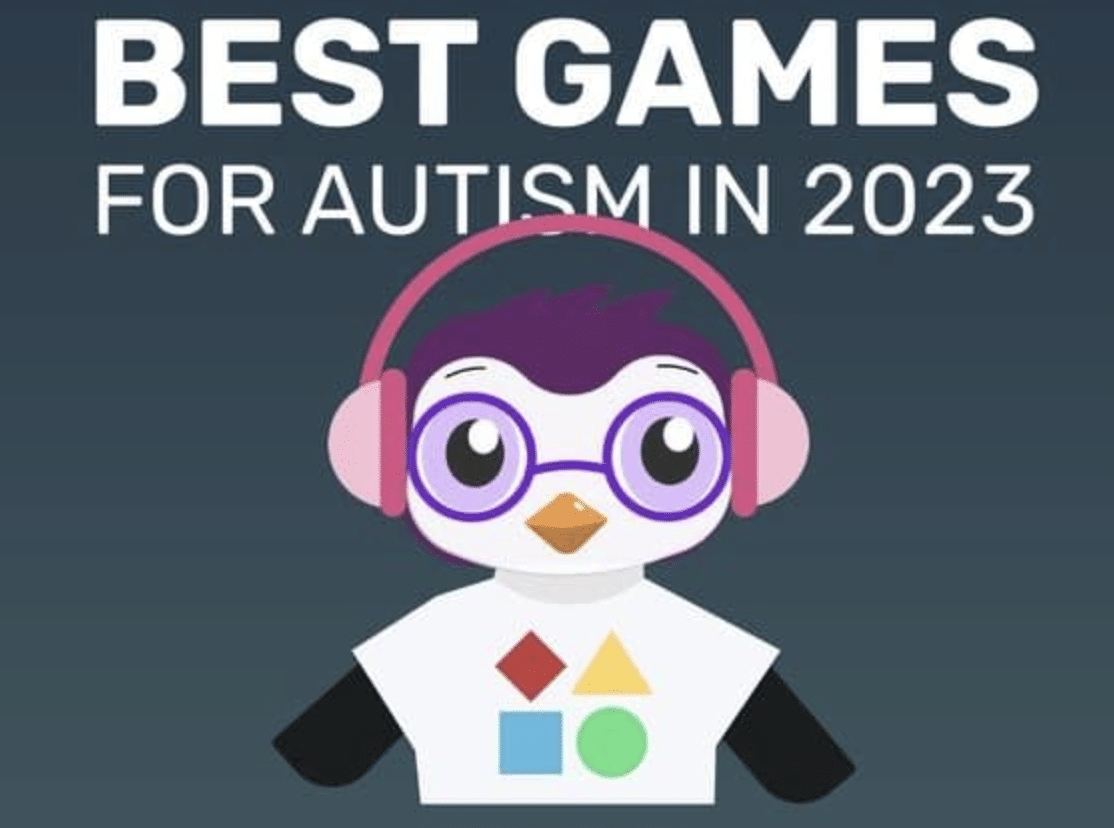Meet Susie, a 7-year-old girl with cerebral palsy with difficulty walking and performing daily activities independently. With the help of her parents and healthcare providers, Susie has been receiving rehabilitation services based on the latest research and best practices, thanks to the American Congress of Rehabilitation Medicine (ACRM). Here is how ACRM’s efforts have made a difference in Susie’s life:
- Susie’s parents learned about ACRM’s resources and recommendations from their daughter’s healthcare provider. They could access educational materials and support groups that helped them better understand their daughter’s condition and how to support her needs.
- Susie’s healthcare providers, who are members of ACRM, have been trained in the latest rehabilitation techniques and have access to the latest research findings through ACRM’s publications and conferences. They use this knowledge to provide Susie with tailored treatment plans that address her unique needs and goals.
- Susie’s rehabilitation services are partly covered by insurance because ACRM has advocated for policies that support access to rehabilitation services for individuals with disabilities.
- Susie’s progress is monitored and tracked using evidence-based measures recommended by ACRM, which help her healthcare providers and parents to make informed decisions about her care.
In conclusion, the American Congress of Rehabilitation Medicine plays a crucial role in improving the lives of children with special needs by promoting evidence-based practices and policies, sponsoring research, providing training and education, and advocating for the inclusion and empowerment of people with disabilities. Goally’s tablet-based product offers additional support for children with special needs by providing fun, gamified learning opportunities and digital visual schedules that help build life and language skills.














